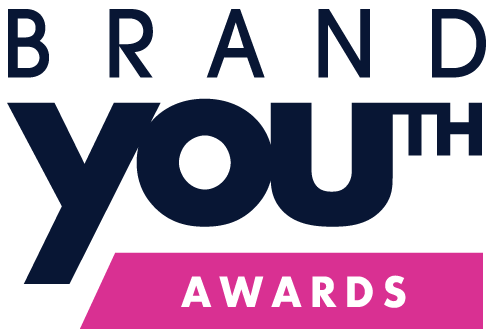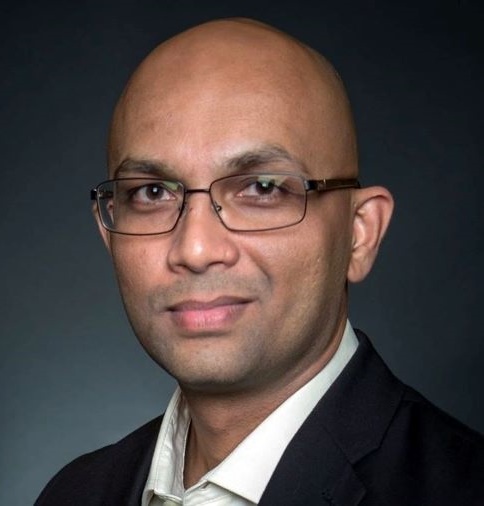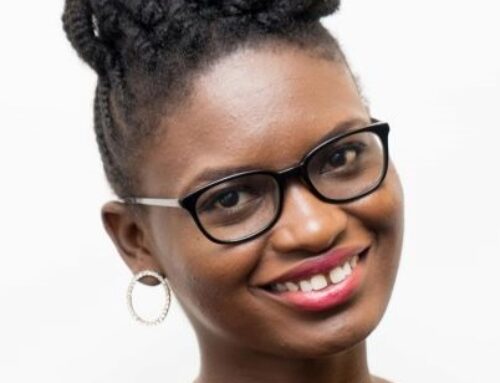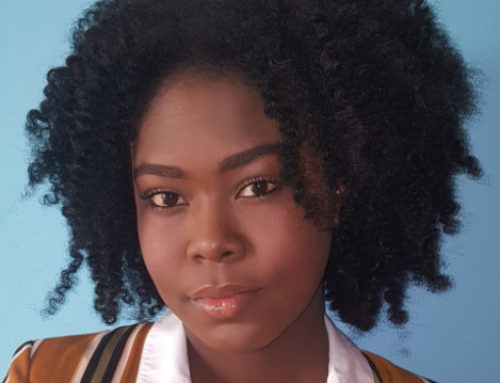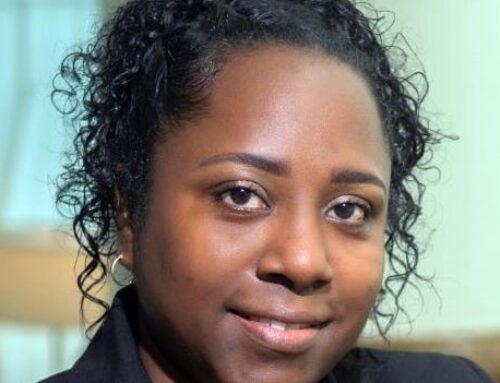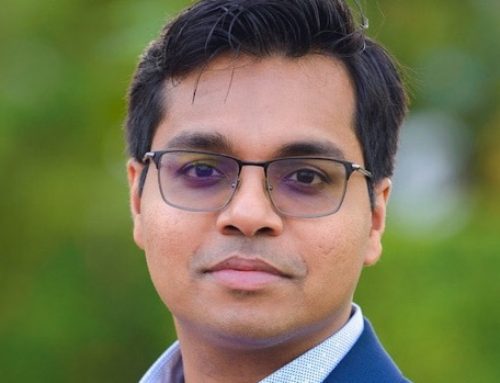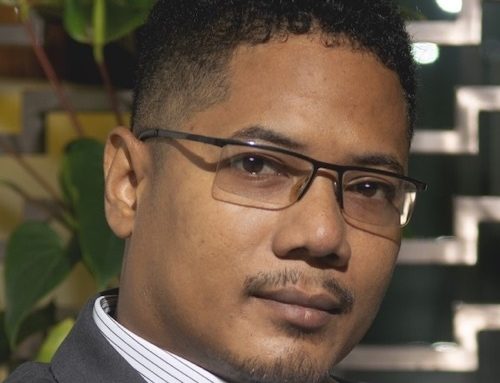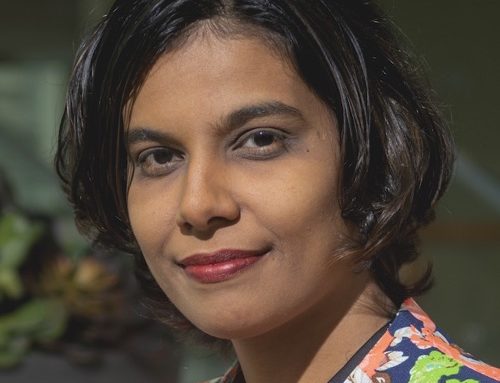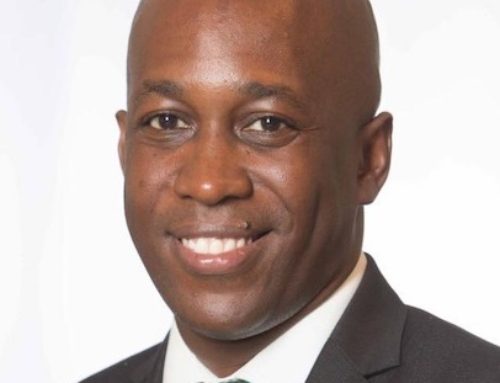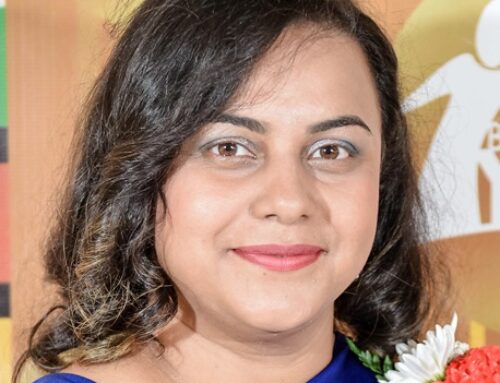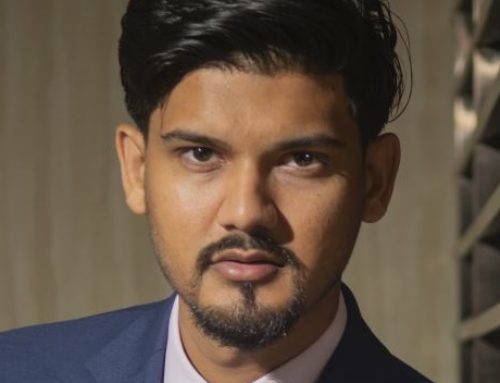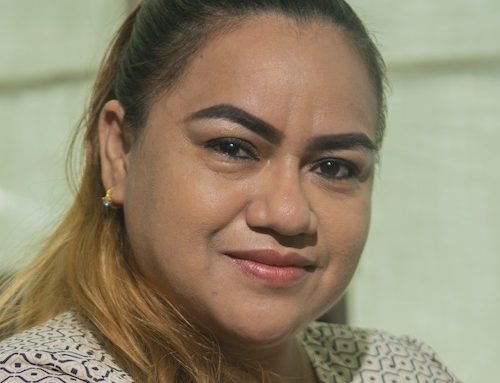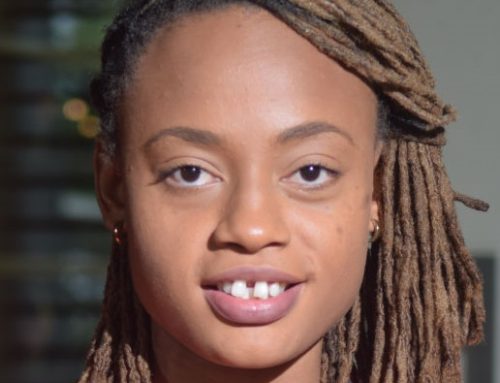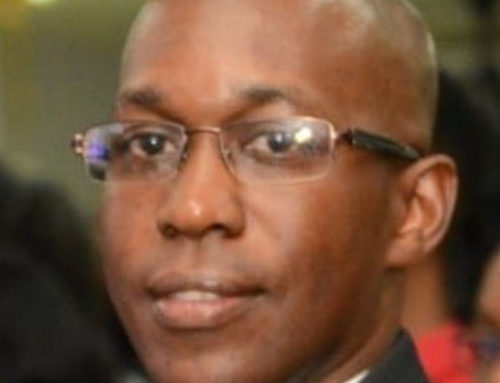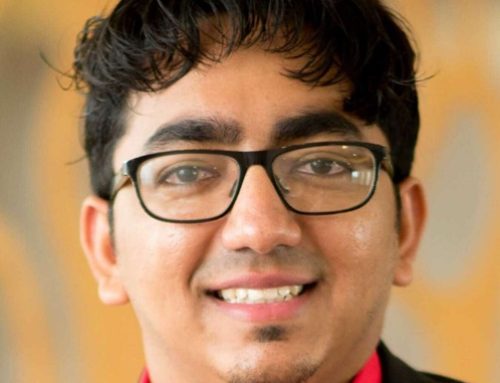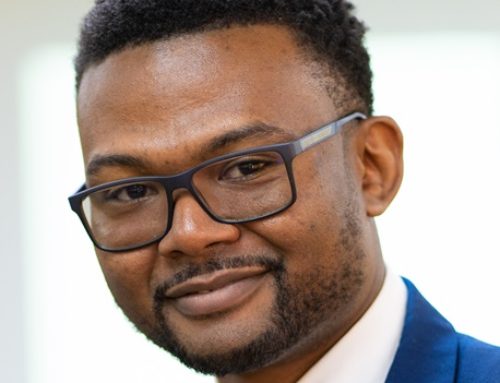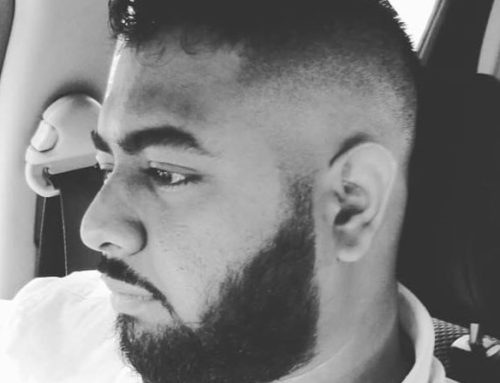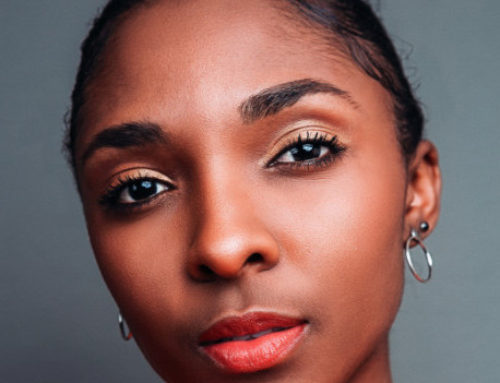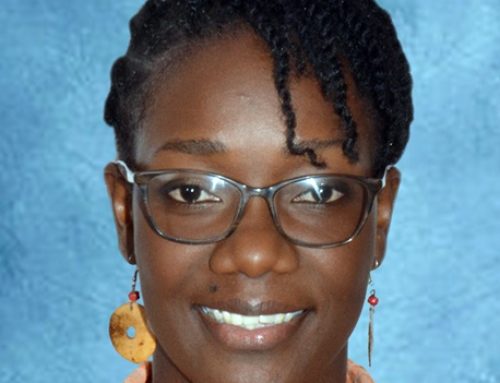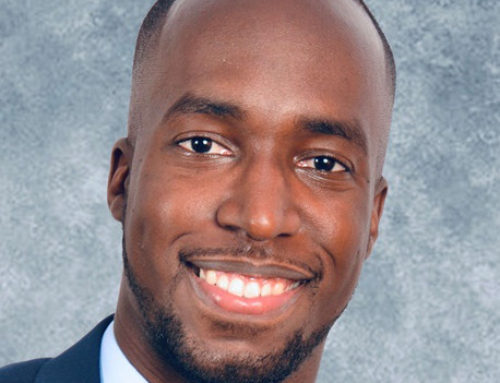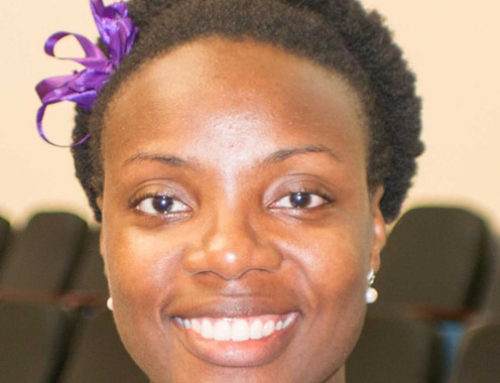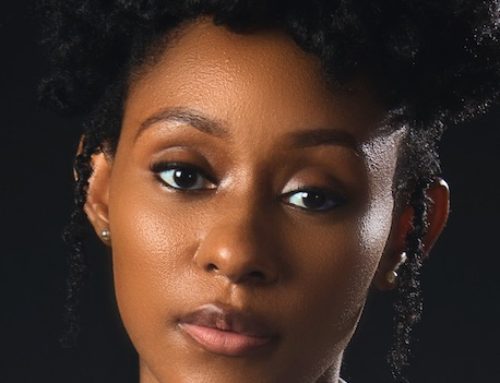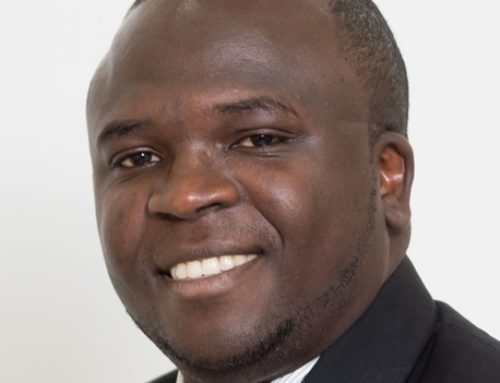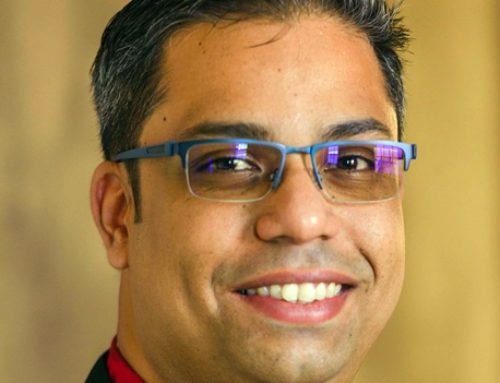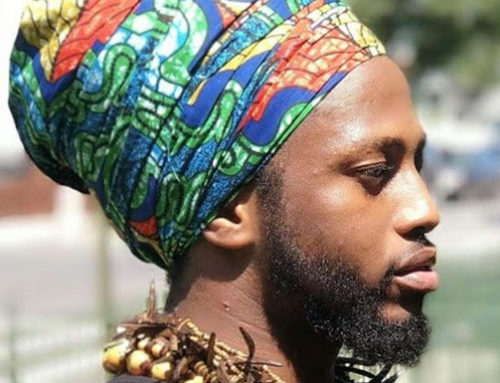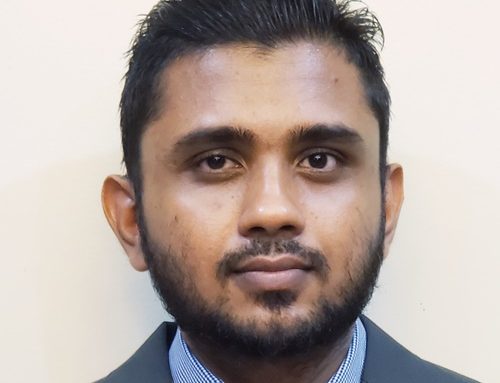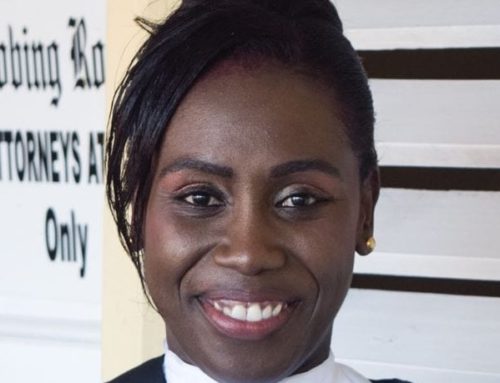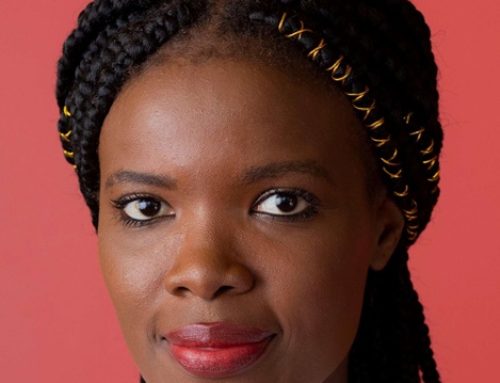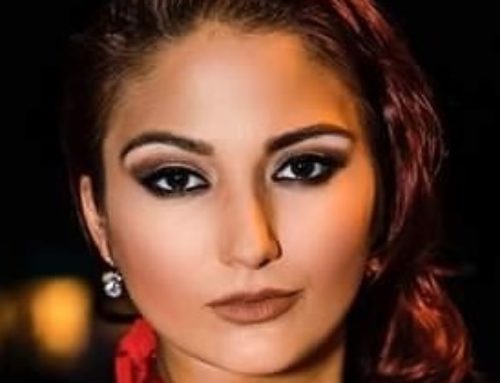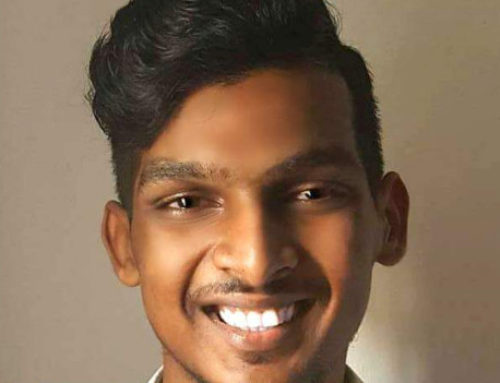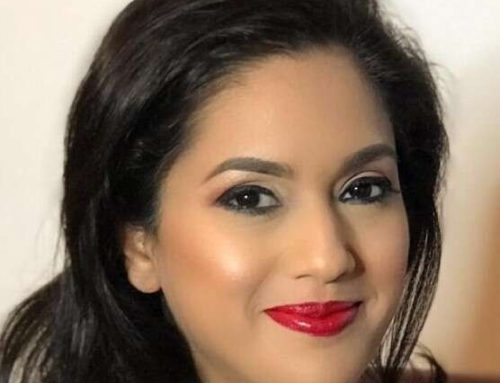When Vishnu Doerga met his future wife at the age of 18, he shared a bold vision: that one day, he would be paid to learn for the rest of his life. Today, that dream has come full circle. Education is not just a passion—it’s the foundation of his professional journey. Whether through teaching others via his consultancy and coaching businesses, or constantly learning through books, courses, travel, conferences, and mentorship, education remains the heartbeat of his work.
From Engineering to Entrepreneurship
Vishnu began his career as an engineer at his uncle’s rice-milling company. Although highly intelligent, he candidly recalls being “very undisciplined.” After breaking the rules one too many times, he was let go—but not before absorbing invaluable lessons from his uncle, who became the first of many pivotal mentors. He then transitioned into drainage and irrigation, moved into hardware, and ultimately founded his own business on February 14, 2000.
Born of Guyanese-Surinamese heritage, Vishnu has spent the past 31 years living in Guyana. Identifying the quality of products in the former Dutch colony, he used his final paycheck as an employee to launch an import business—taking full advantage of CARICOM’s duty-free trade agreements. “We started with Power dishwashing liquid,” he recalls. “And I rotated the cash flow so fast—almost daily.” His efforts paid off. Within just a few years, he had achieved a personal milestone: “I always told myself that once the company could run without me, I’d retire. I aimed for 30. It happened at 27.”
Championing Business Education
Rather than retiring, Vishnu turned his focus to business development in Berbice, near the Suriname border. He became active in the Upper Corentyne Chamber of Commerce, where he saw a pressing need: better access to business education. “The people in Berbice weren’t thriving, not because of lack of effort, but because they lacked the resources—including modern tertiary education,” he said. He wrote a proposal to USAID under the Governance Enhancement Project, securing nearly US$30,000 to launch a six-month education program.
By the time he stepped down from the Chamber, Vishnu had strengthened its financial foundation and expanded membership significantly. The success of the USAID program—which included contributions from global university experts—reignited his thirst for learning. “I realized how much I didn’t know and how much I enjoyed education,” he said. That epiphany led him to pursue an MBA at Nations School of Business & Management, where he graduated top of his class.
“I thought, everybody needs to know this,” he reflected. “It’s why our country struggles—because many people don’t realize what they don’t know. They say, like I used to, ‘I’m doing okay, why learn more?’ And that’s exactly why we’re stuck in a cycle of getting by, not thriving.”
Building a Coaching Empire
Vishnu returned to Georgetown in September 2013, purchased the ActionCOACH franchise, and launched a new chapter—providing business coaching and training. Within two years, he was elected President of the Georgetown Chamber of Commerce, where he again helped boost membership and achieved the chamber’s highest income and surplus on record. This leadership success enhanced his credibility. “People then knew I could deliver results,” he said.
In 2019, he exited the distribution business to fully focus on his coaching firm. Now in its tenth year, ActionCOACH Guyana has grown into ActionINVEST Caribbean Inc. (ACI)—serving hundreds of clients across the Caribbean and beyond. Under Vishnu’s leadership, ACI has supported over 700 clients and earned ISO 9001:2015 certification for training and coaching in Guyana.
Vishnu also chairs the Suriname-Guyana Chamber of Commerce, reflecting his ongoing commitment to regional economic collaboration. ActionCOACH Guyana has become the largest and most recognized business coaching firm in the country—a testament to the vision he set in motion decades ago.
As Vishnu puts it:
“Unlike a lawyer or maybe an accountant, an engineer can’t say ‘It can’t be done.’ I’ve always believed there’s a solution. If a human made it, a human can fix it.”
QUESTIONS
How did you arrive at the idea for your business?
I was working with a hardware company and a French company came in that had been hired to fix the foundation of a local hospital. We didn’t have the big parts they needed – generators, an excavator, that kind of thing – so they asked if I could help find them. So I did that in my spare time and soon my income for a single day was higher than my monthly salary. I left that job and, with my last month’s salary, started my company on 14 February 2000. I started helping people figure out engineering problems then moved into distribution, consulting and coaching. After completing my MBA I bought the ActionCOACH franchise and we’re now into our fifth year and have grown significantly.
Your key driving force to become an entrepreneur?
I think it’s just to stop with this ‘getting by’ mentality and to get to true prosperity, because I know it’s possible. As an engineer, the skill is built in – an engineer can’t tell you that a problem can’t be solved. I always see better ways and if people don’t want to put them in place, I feel like my value isn’t fully appreciated. I realised that if I worked on my own and delivered the value I know I can, salaries don’t compare to what’s possible.
Greatest challenge being an entrepreneur?
Attracting people who understand the vision, selecting them, training them to be part of your team – that is both a challenge and an opportunity. I think the real challenge, though, can be the people around you. Every single day we evolve, but some people prefer the old version and do their best to keep that version alive. When they don’t want to become better versions of themselves, that’s their choice but when they’re holding other people back – I have an issue with that.
What has been your most satisfying moment in business?
I’ve traveled around the world because of my service to the private sector – I’ve been to Singapore, Brazil, Hawaii… so many places. Getting my MBA at 32 was a highlight as well. And I recently finished my PhD in Management, specialising in entrepreneurship, after three and a half years. The highlight would be seeing my wife and daughter taking an interest in the business and pursuing studies to better equip themselves to provide value to those we serve.
What piece of advice give to other young people who want to become entrepreneurs?
Get fantastic mentors. Today I pay some of my mentors and coaches because they’re able to look and me and say: ‘Why are you doing it that way? Have you considered this way?’ I know how valuable that is. But remember: mentors are not perfect human beings; they’re flawed like all of us. Find someone who does the thing you aspire to be really well and ask them to mentor you on that part.
How do you define success?
Unlocking my own potential first of all and then utilising that to unlock other people’s potential so that we can have better lives – to me that’s success.
Who has been your greatest inspiration?
My parents got divorced when I was 8 or 9, so I spent a lot of time with my maternal and paternal grandmothers. They really took me and my brothers under their wings. The belief they had – this unflinching belief that we would grow up and be very successful –it was magical. So it was just hardwired in my brain: if they said it, it had to be true!
